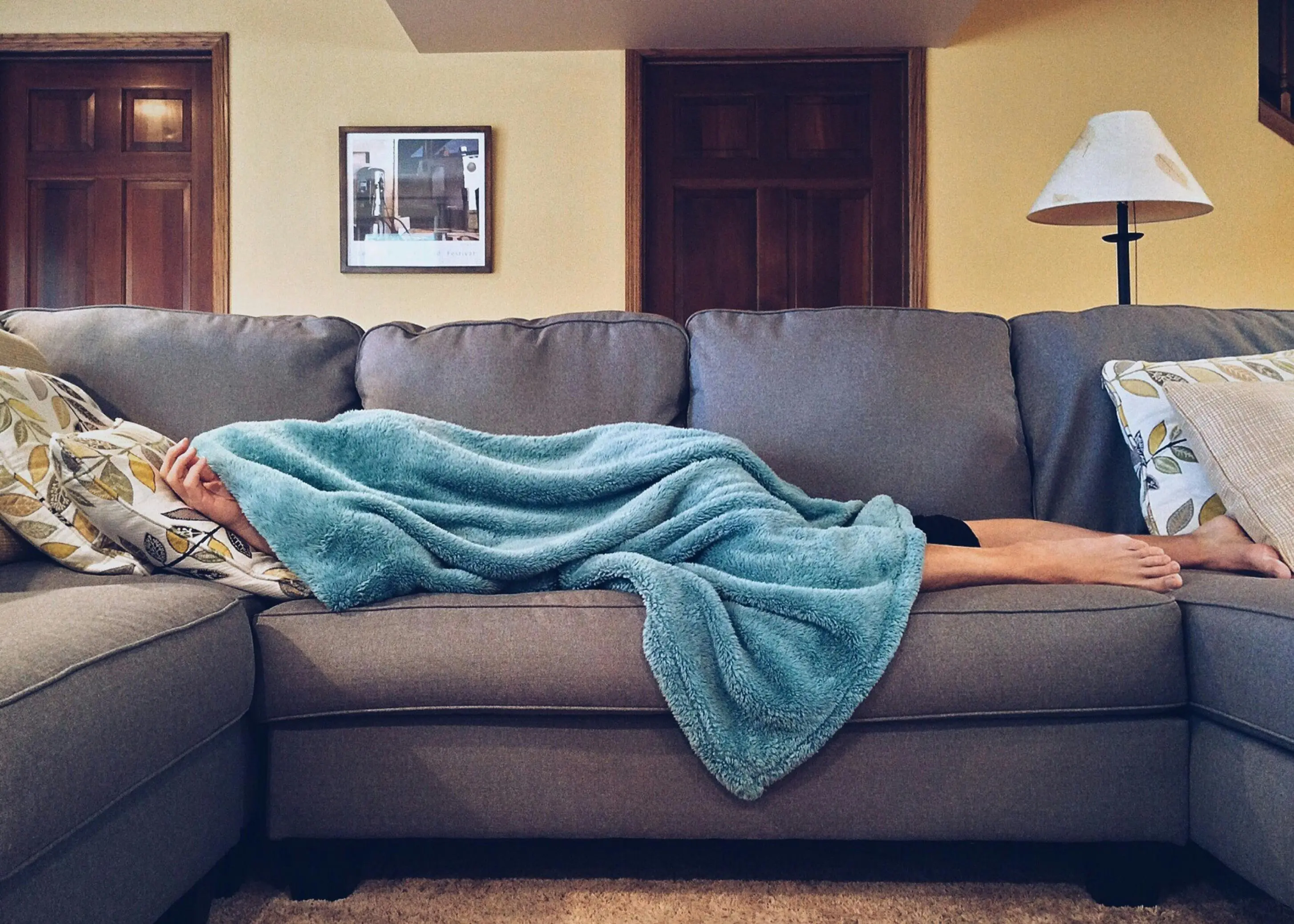The Role of Sleep in Strengthening Your Immune System
Did you know that sleep is one of the most important factors in strengthening your immune system? During the night, the body works to repair cells, produce immune cells and strengthen your protection against infections. In this article, you will learn how sleep affects your health and what practical steps you can take to optimize it.

Introduction
Sleep is not just a time for rest — it is a crucial process for the body to recover and function optimally.
For your immune system, sleep is especially important. During sleep, the body repairs cells, produces important immune cells and strengthens its defenses against infections.
Despite this, many people do not prioritize sleep in today's society, where stress and screen time often interfere with our sleep habits.
In this article, we explore the link between sleep and the immune system and share practical tips to improve your sleep quality and therefore your health.
How does sleep affect the immune system?
1. The effect of sleep on immune cells
During deep sleep, the body produces important immune cells such as T cells and cytokines. T cells are part of the body's defense system and help fight viruses and bacteria.
A study from National Institutes of Health (NIH) showed that people who get less than 6 hours of sleep per night have a higher risk of contracting infections compared to those who sleep 7-8 hours.
Deep sleep is also a time when the body releases growth hormones that help repair tissues and strengthen the immune system.
2. Sleep deprivation and inflammation
When you do not sleep enough, the body can fall into a state of chronic inflammation.
This occurs because sleep deprivation affects the balance between inflammatory and anti-inflammatory cytokines.
According to research from The Sleep Foundationthis can lead to a weakening of the immune system, making it more difficult for the body to fight infections and recover from diseases.
Chronic inflammation has also been linked to a range of health problems, including cardiovascular disease and diabetes.
3. Hormones regulated during sleep
Sleep also affects the production of hormones such as cortisol and melatonin.
Cortisol, which is the body's stress hormone, drops during the night to give the immune system time to work effectively.
If you don't sleep enough, cortisol levels can remain high, which can inhibit the immune system.
Melatonin, which is known to regulate circadian rhythms, also has antioxidant properties that support the immune system by protecting cells from damage.

Practical tips to improve your sleep and strengthen the immune system
1. Establish a regular sleep routine
Going to bed and waking up at the same time every day helps your body find a natural rhythm.
A consistent sleep routine improves sleep quality and makes it easier to fall asleep and wake up rested.
2. Avoid screens before bedtime
Blue light from screens can interfere with the production of melatonin, making it harder to fall asleep.
Try turning off electronic devices at least an hour before going to bed.
If you have to use screens late at night, you can use blue light filters or night mode on your devices.
3. Use relaxation techniques
Meditation, deep breathing, or yoga can help you unwind and reduce stress levels, which in turn improves your sleep.
Studies show that relaxation techniques can lower cortisol levels and promote deeper and more restorative sleep.
4. Creating a Sleep-Friendly Environment
Keep the bedroom dark, cool and quiet.
Invest in a comfortable mattress and pillows that support a good night's sleep.
You can also use blackout curtains and a white noise machine to create an optimal sleeping environment.
5. Support the body with proper nutrition and supplements
Magnesium is a mineral that can help relax muscles and improve sleep.
Relivo offers natural supplements that contain magnesium and other nutrients that support both sleep and the immune system.
Combine this with a balanced diet rich in vitamins and minerals for best results.
6th. Prioritize daylight and physical activity
Getting natural daylight in the morning helps regulate your circadian rhythm and improves the production of melatonin in the evening.
Regular physical activity, especially during the day, can also contribute to better sleep quality.
Summary
Sleep is one of the most powerful tools for strengthening your immune system.
By prioritizing your sleep and establishing good habits, you can give your body the best conditions to stay strong and resilient.
Start with small changes today and feel the difference in your health.
References
- National Institutes of Health (NIH). “Sleep and Immune Function.”
- The Sleep Foundation. “The Connection Between Sleep and Immunity.”
- Irwin, M. R. (2019). “Sleep and inflammation: Partners in sickness and in health.” Nature Reviews Immunology.









